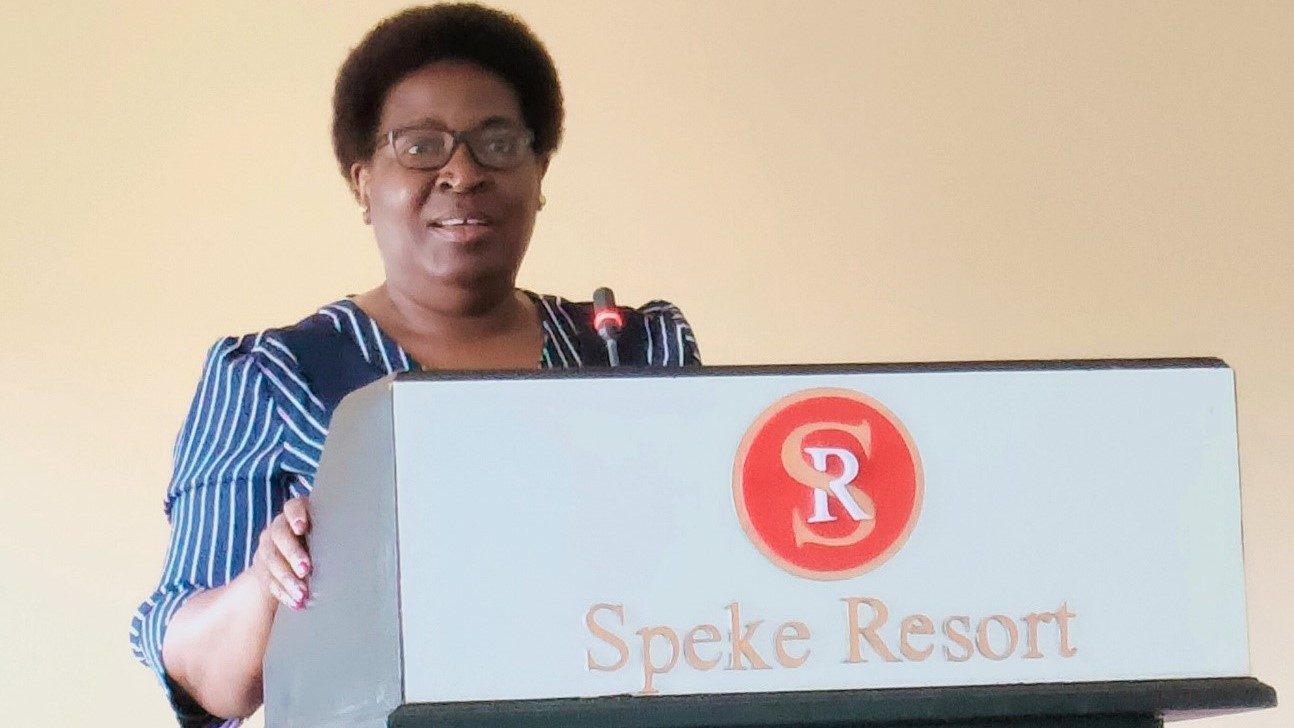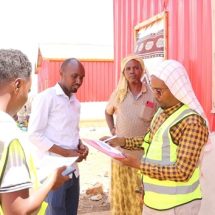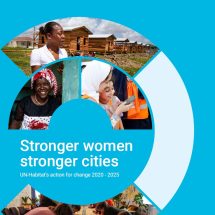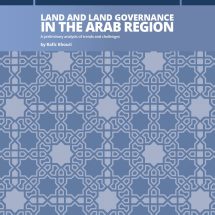Much of the land in Uganda is subject to customary tenure. Because it is not officially registered, land users fear that they may be forced off their land. Registering land has many benefits: it gives the users more security and means they can invest in the land and pass it on to their children.
A new project, Scaling up Community-based Land Registration and Land Use Planning on Customary Land in Uganda, aims to speed up the registration of such land. It aims to secure land rights for at least 30,000 smallholder farmers in four regions: the southwest, the Kyoga plains, the Mt. Elgon region and West Nile. The project will help create a structured, scalable approach to improved tenure security and sustainable land use for men, women and youth. It will promote the use of inclusive, gender-responsive, fit-for-purpose and participatory land tools and approaches.
The project is implemented by the Global Land Tool Network (GLTN), facilitated by UN-Habitat, in partnership with Uganda’s Ministry of Lands, Housing and Urban Development. It is funded by the Netherlands government through the Netherlands Enterprise and Development Agency (RVO) under the Land at Scale Programme. It builds on a successful pilot project “Securing Land Tenure for Improved Food Security in Select Areas in Uganda”, which was funded by the Embassy of the Netherlands.
The project was launched on 14 December 2021 at Speke Resort Munyonyo, Kampala. Over 50 participants from the government, civil society, academia, development partners and local communities attended the event. The project was launched by Naome Kabanda, Director Land Management, who represented the Minister of Lands, Housing and Urban Development.
“My Ministry is committed to scaling-up registration of land rights and land use planning to reach more vulnerable communities in Uganda” she said. “UN-Habitat and GLTN started working with the Ministry of Lands, Housing and Urban Development in 2012 and several projects have been implemented that highly contribute to the implementation of the National Land Policy”. Ms Kabanda thanked the Netherlands government, GLTN and UN-Habitat for their support to the ministry.
During the launch, the implementing partners highlighted the key achievements, lessons and challenges from the pilot project. They also presented preliminary findings for the baseline study and situation analysis. The work plan for the first phase of the project, which will last 18 months, was presented, discussed and agreed.
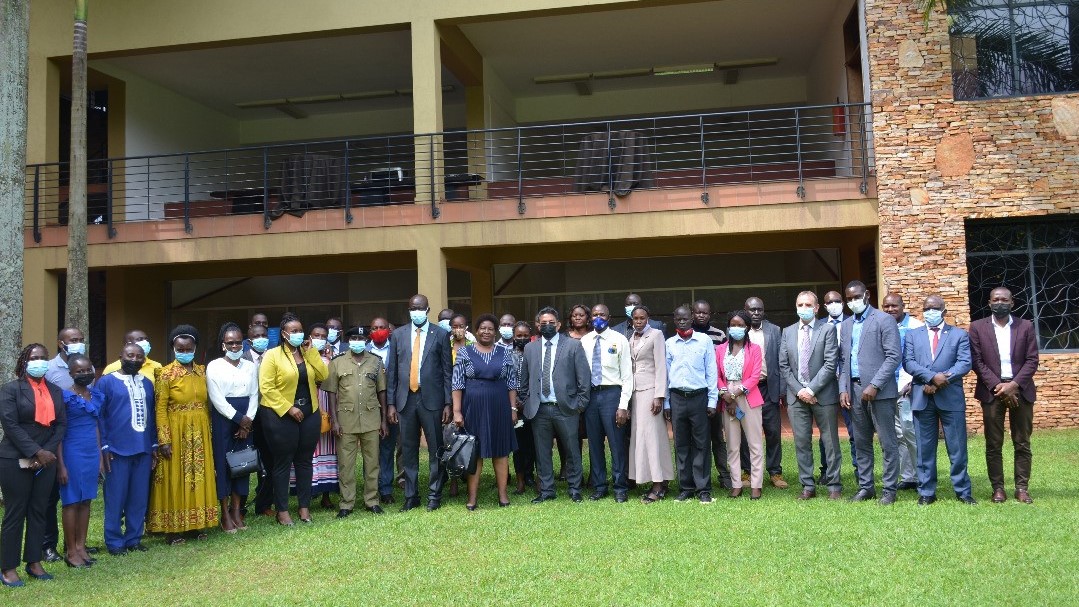
Participants at the launch included Hans Raadschilders from the Dutch Embassy, Vincent Byendaimira, Acting Director for Physical Planning and Urban Development from the Ministry of Lands, Danilo Antonio, programme management officer of UN-Habitat/GLTN, the chairman of Local Council V, and the chief administrative officers of Kabale and Butaleja districts. Maaike Vandenberg of RVO attended virtually.








